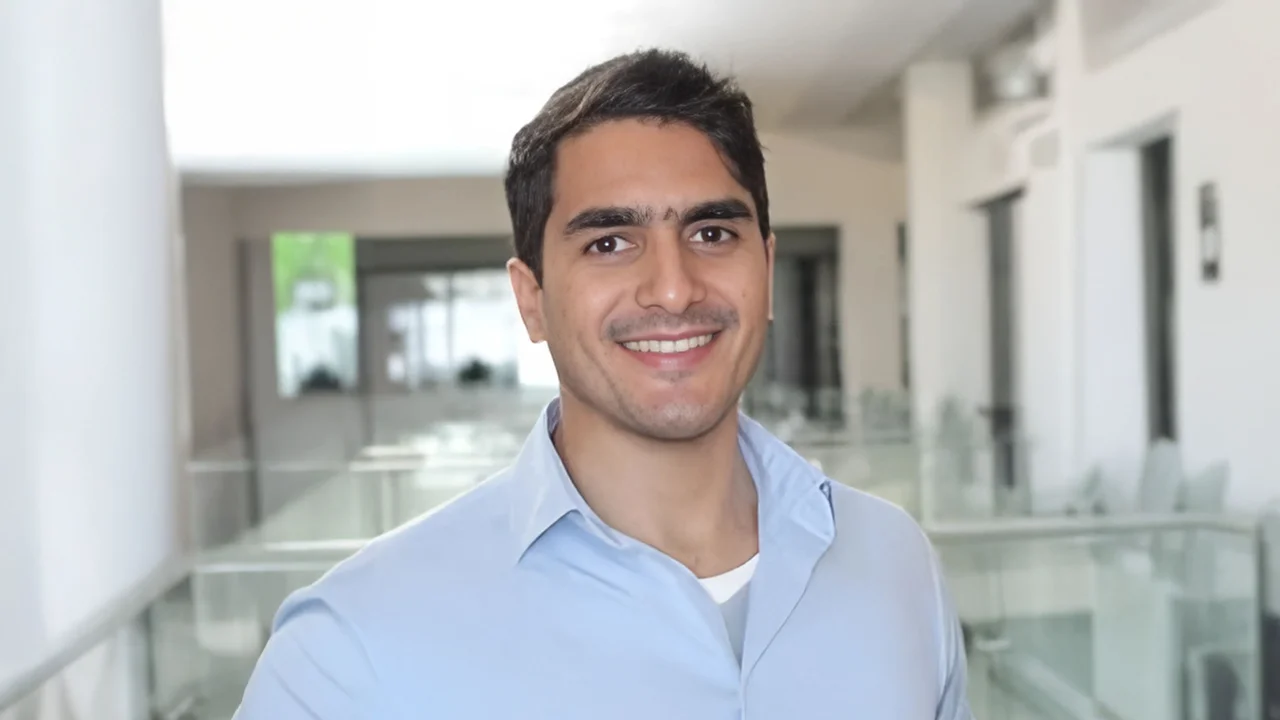
Osman M. Bakr is a professor of Material Science and Engineering at KAUST, specializing in the physics and chemistry of nanomaterials with unique optical, electronic, and magnetic properties. His research focuses on the development of hybrid nanomaterials for solar cells, batteries, and photonic devices.
Biography
Osman M. Bakr is a professor in the Material Science and Applied Physics program at KAUST, where he has been a faculty member since 2010. Bakr is internationally recognized for significant contributions to hybrid organic–inorganic materials, particularly perovskites and quantum dots and their applications in solar cells and optoelectronics. At KAUST, he leads the Functional Nanomaterials Lab, which investigates the physics and chemistry of advanced hybrid materials.
Bakr earned his B.Sc. in materials science and engineering from MIT, U.S., and his Ph.D. in applied physics from Harvard University, U.S. He has received numerous honors throughout his career, including the Kuwait Prize and the Kroll Medal & Prize from the Institute of Materials, Minerals and Mining. He is ranked among the world’s most influential researchers and is listed by Clarivate as a Highly Cited Researcher in both chemistry and materials science. Times Higher Education has also named him one of the ten leading university researchers globally in perovskite solar cells.
He remains active in the scientific community, serving as executive editor of ACS Materials Letters of the American Chemical Society, among other professional roles.
Research Interests
Professor Bakr's research interests are concerned with the physics and chemistry of hybrid materials. His Functional Nanomaterials Lab (FuNL) work on the design, synthesis and property elucidation of hybrid organic-inorganic semiconductors(both nanoscale and bulk), with a focus on applications in radiation detection, imaging and renewable energy.
Awards and Distinctions
- King Abdullah Scholar Award, King Abdullah University of Science and Technology (KAUST), 2008
- Research Excellence Award in Economies of the Future, Research Development and Innovation Authority (RDIA), 2025
- Highly Cited Researcher in Materials Science, Clarivate, 2024
- Highly Cited Researcher in Chemistry, Clarivate, 2024
- The 2021 Kuwait Prize for Condensed Matter Physics , Kuwait Foundation for the Advancement of Sciences, 2022
- Kroll Medal & Prize, Institute of Materials, Minerals and Mining, 2021
- Abdul Hameed Shoman Arab Researchers Award in Basic Sciences,, The Abdul Hameed Shoman Foundation, 2020
- Almarai Distinguished Scientist Prize, Almarai in partnership with King Abdulaziz City for Science and Technology (KACST), 2020
- Custodian of the King Prize for Honoring Inventors and the Gifted, King Abdulaziz City for Science and Technology (KACST), 2018
Education
- Doctor of Philosophy (Ph.D.)
- Applied Physics, Harvard University, United States, 2009
- Master of Science (M.S.)
- Applied Physics, Harvard University, United States, 2005
- Bachelor of Science (B.S.)
- Materials Science and Engineering, Massachusetts Institute of Technology (MIT), United States, 2003